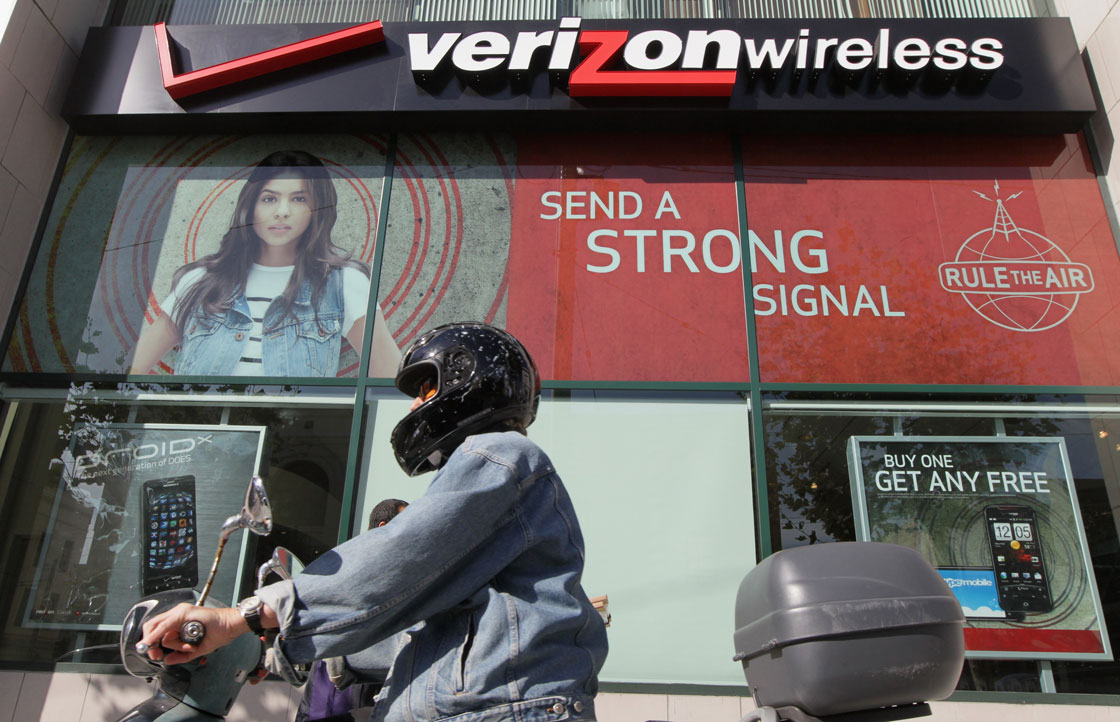There’s few suggesting that the entry of U.S. mobile juggernaut Verizon Wireless to Canada would be a bad thing for subscribers – though the big three incumbents, Rogers, Bell and Telus are surely cooking up arguments now just in case that day arrives.

The real question, however, is whether Verizon, the largest provider in the United States by total subscribers, is really all that interested in coming.
True, the company’s chief financial officer said this week the carrier is taking a look at the possibility, warmed to the idea perhaps by recent moves from Ottawa to prevent incumbents from swallowing up smaller newcomers and cornering the market once again.
“We’re looking at the opportunity,” Fran Shammo said at a conference in Washington this week. “This is just us dipping our toe in the water.”
What’s driving Verizon’s interest is Ottawa’s own push to establish a viable fourth option for customers across the country. And with the odds of that being accomplished by struggling newcomers Wind Mobile and Mobilicity diminishing rapidly, Verizon could be the white knight that swoops in to salvage the government’s plan.
But most industry watchers don’t see it.
“Our view is this is highly unlikely,” Jeff Fan, an analyst who covers the U.S. and Canadian markets for Scotia Capital said.
“They have already passed up on Allstream and in my opinion are likely to remain sidelined for now,” Gruia said.

Get weekly money news
Even if the U.S. giant chose to spend the hundreds of millions of dollars to acquire Wind and consolidate it with Mobilicity, the combined subscriber base Verizon would inherit would be around one million subscribers, or less than one per cent of what Verizon’s current subscriber totals.
The average amount of money the carrier would collect each month per customers would be around $30.
Compare that to Rogers, which has over nine million wireless customers with average revenue per user (a month) of $59.68 – up $2 from a year earlier.
Verizon’s own U.S. business collects about $55 per subscriber every month on average.
The U.S. company would also have to spend hundreds of millions more for additional spectrum licences to gain access to airwaves crucial for expanding the relatively weaker networks of Wind and Mobilicity.
There’s also the enormous regulatory uncertainty, with Ottawa taking an active role in the market place in recent years to inject more competition.
News Wednesday that Wind’s foreign financial backer has backed off a plan to take full control of the carrier from its Canadian founder has provided yet another jolt of fresh uncertainty.
The government is believed to be holding the Wind deal up partly because of concerns that a foreign company would own a national network using core equipment supplied by Chinese company Huawei, a firm the U.S. government has raised security concerns over.
Washington has blocked deals that would allow Huawei equipment to be used within the United States and may be uneasy with Verizon connecting its U.S. network to a Canadian one using the gear.






Comments